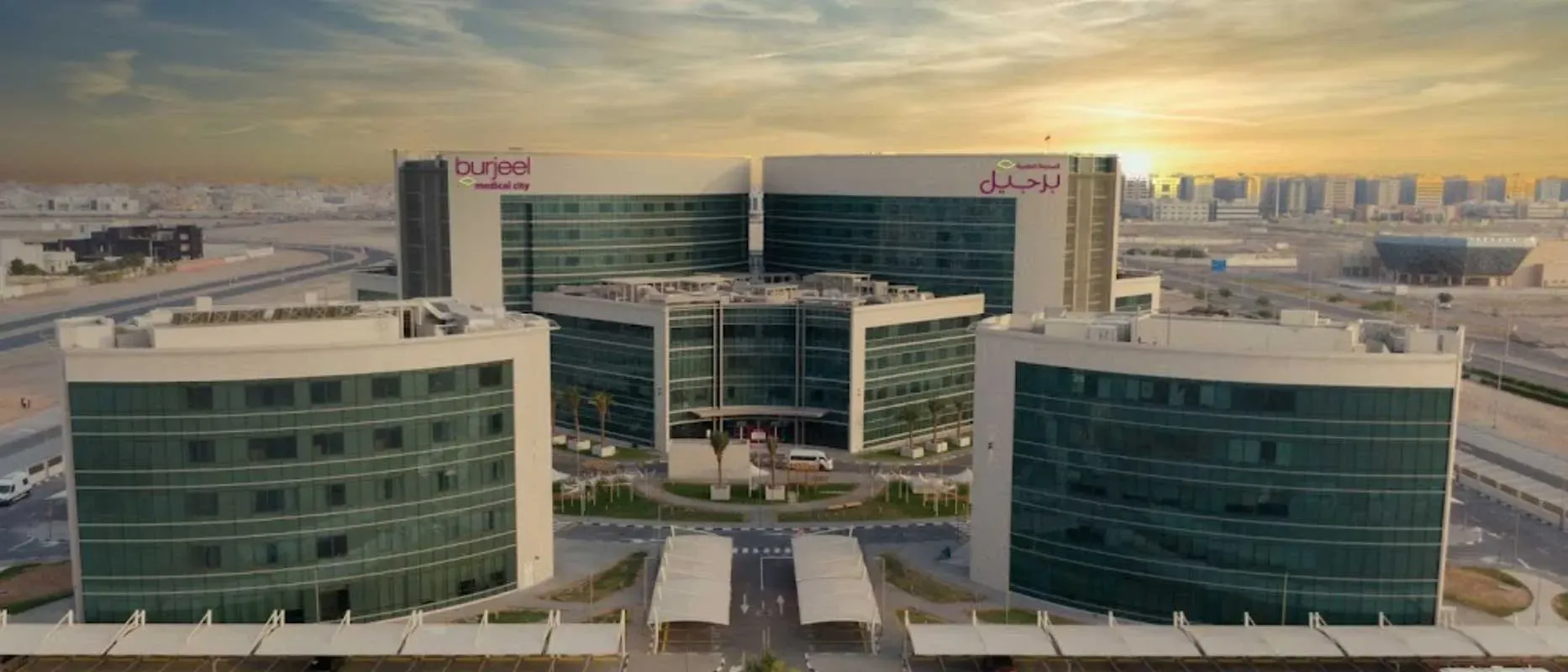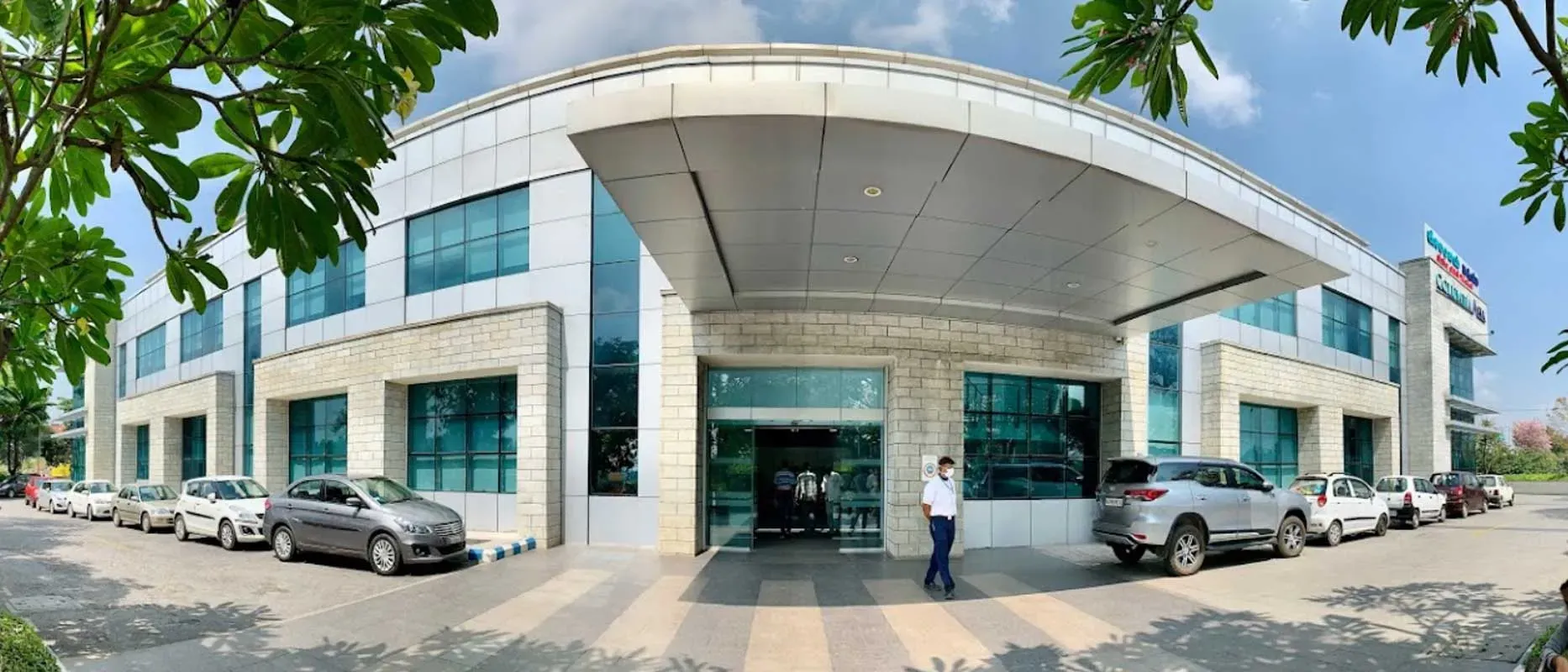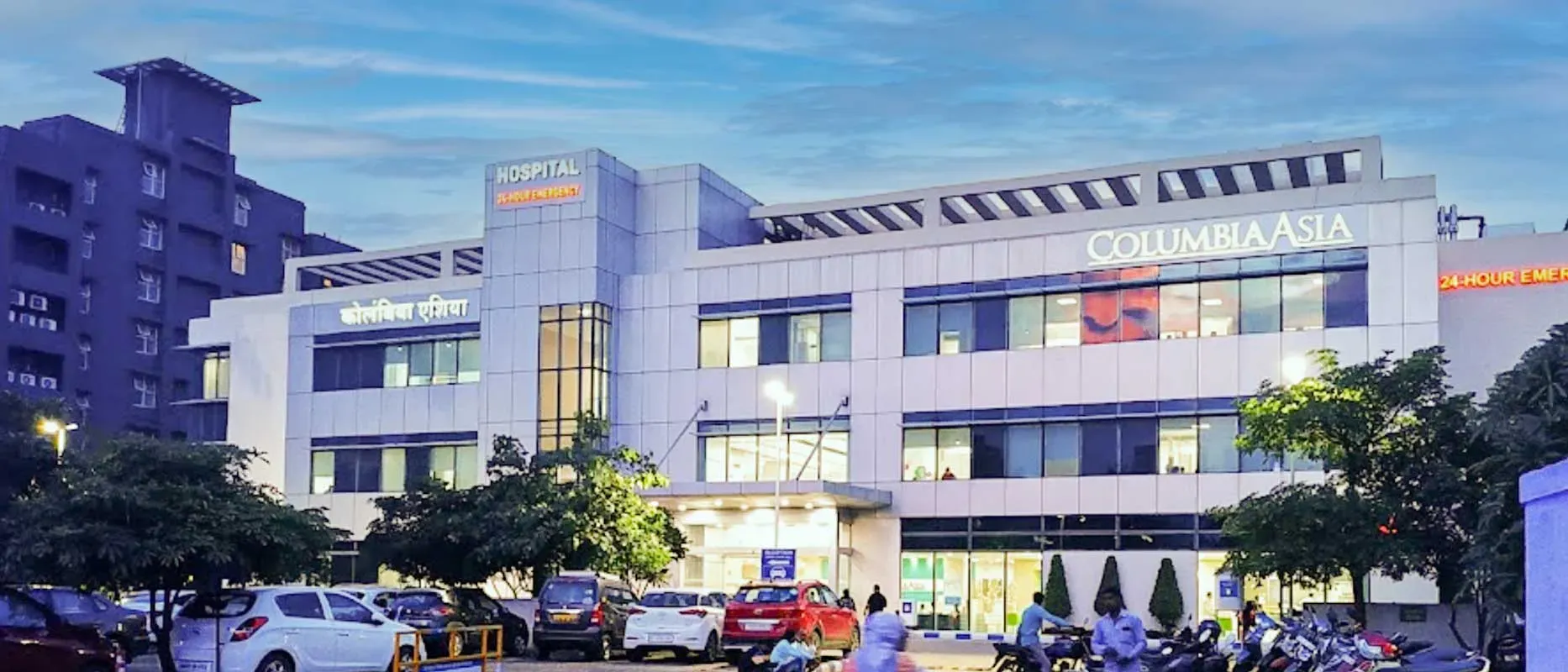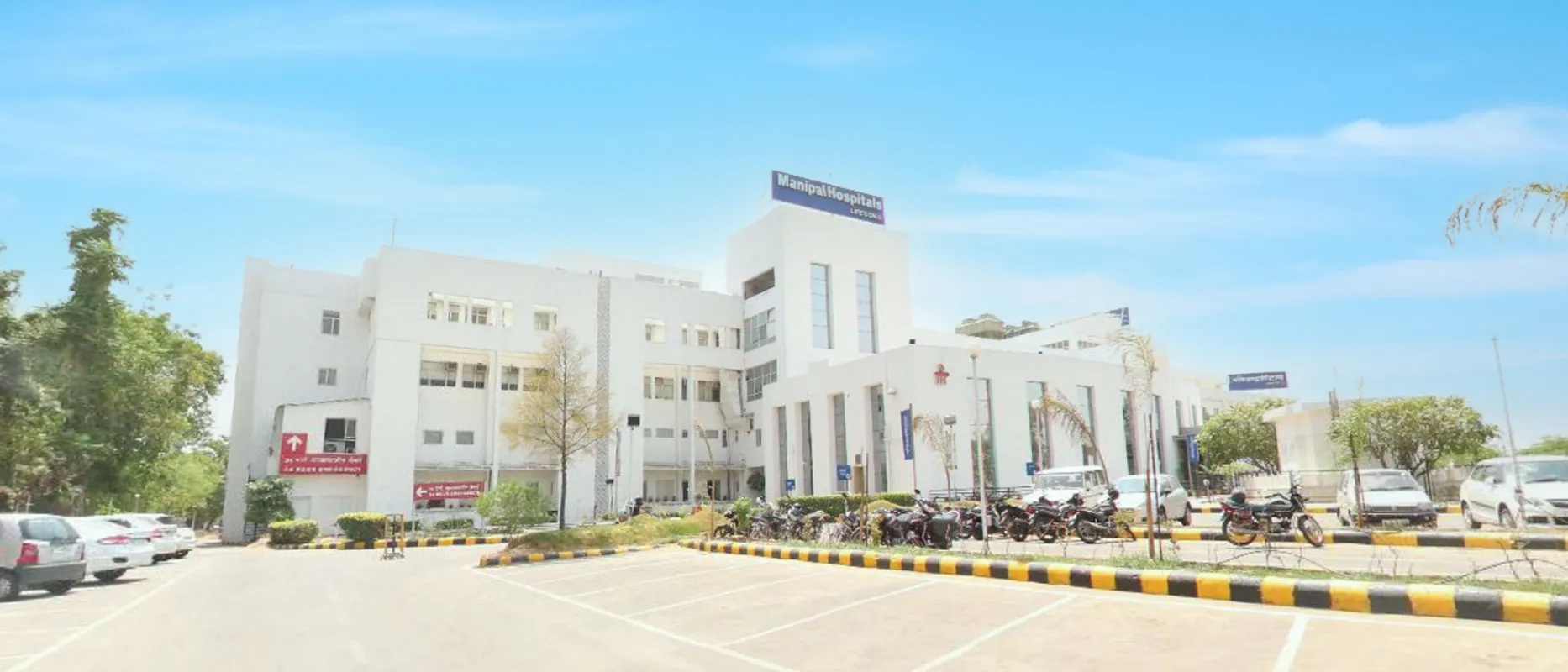Overview of Allogeneic Treatment India
Bone marrow allogeneic treatment is used for the patients who have damaged blood forming cells in the bone marrow either due to aggressive treatments like chemotherapy or by some disease which affects the bone marrow or blood cells. In this treatment, the healthy stem cells which form the blood cells are donated to the patient with damaged blood forming cells. The donor in this treatment can be a family member or totally unrelated member with identical genetics as the patient. The donor which is totally unrelated may cause more complications than the donor who is a close family member. It is also known as allogeneic stem cell transplantation or allogeneic hematopoietic cell transplantation. Although it can cure bone marrow disease and even can be used to treat deadly cancers, it has some risks and complications associated with it. In rare cases, bone marrow allogeneic treatment can be the cause of death due to failure of the transplant. So the bone marrow allogeneic treatment is only used when there are more benefits of this procedure to patients than risks. The allogeneic treatment also has an advantage that these cells can help in killing remaining cancer cells after the procedure. The success of the bone marrow allogeneic treatment usually depends on the donor-recipient match, the overall health of the patient, and the management of complications after allogeneic treatment.
Types of Allogeneic Treatment India
There are 3 main types of bone marrow allogeneic treatment. These are:
- Related Donor Transplant
- Unrelated donor Transplant
- Cord Blood Transplant
Related Donor Transplant
In this type of transplant, the stem cells are used from a donor who is a close family member of a patient. Donor can be a father, mother or sibling. Other members of the family can be a suitable match sometimes. Donor transplants who are related often have a higher chance of a successful transplant due to the genetic similarity between the donor and recipient.
Unrelated Donor Transplant
Stem cells can also be obtained from an unrelated donor who has the same genetics as the recipient. This type of transplant requires a search through national and international registries to find a suitable match. The unrelated donor transplant has become more common with the development of large donor registries and improved matching techniques.
Cord Blood Transplant
Stem cells can also be obtained from the umbilical cord blood of a newborn baby. These stem cells are collected and stored in cord blood banks. Cord blood transplants are an alternative option when a suitable related or unrelated donor is not available. The advantage of cord blood is its relatively low requirement for HLA matching, which increases the chances of finding a suitable match. However, the number of stem cells in a cord blood unit is limited, which may require the use of two or more units for an adult recipient.
Procedure of Bone Marrow Allogeneic Treatment
The general overview of the bone marrow allogeneic treatment is described below:
Evaluation before Transplant
Before the transplant, the recipient undergoes a thorough assessment to evaluate their overall health and determine their suitability for the procedure. This includes physical exams, blood tests, imaging studies, and specialized tests to understand the extent of cell damage and assess organ function.
Donor Selection and Compatibility Testing
A suitable donor is chosen, typically a close family member or an unrelated individual with the closest possible tissue match. Compatibility is determined by testing blood samples from both the recipient and potential donor for HLA matching.
Preoperative Preparation
This involves high-dose chemotherapy, radiation therapy, or a combination of both. This is used for the recipient's diseased bone marrow to suppress their immune system. So that there will be less chances of rejection of a transplant.
Stem Cell Collection
The donor's stem cells are collected and then the donor may receive growth factor injections to stimulate stem cell production. Blood is drawn from the donor, and a machine separates out the stem cells. The remaining blood components are returned to the donor's body. The collected stem cells are then processed and prepared for transplantation.
Transplantation
The prepared stem cells injected into the veins of a patient which then travel through blood to reach bone marrow. This works similarly as blood transfusion.
Engraftment and Recovery
With the passage of time, the transplanted stem cells continue to multiply and replace the diseased bone marrow of the patient. This process, known as engraftment, involves the production of new blood forming cells. During this period, patients also feel some symptoms like fatigue and infections that should be managed by the use of some specific medications.
Diagnosis of Allogeneic Treatment India
Cost of Bone Marrow Allogeneic Treatment in India
The cost of allogeneic bone marrow transplant in India is generally lower as compared to other countries. The range for the cost of the Bone marrow allogeneic treatment in India can vary from 9,600 USD to 36,000 USD. Additionally, the medications in India that are required after the treatment are generally more affordable compared to other countries.
Cost of different procedure of bone marrow allogeneic treatment in India:
| Treatment Cost in India |
Min in USD |
Max in USD |
| Unrelated donor Transplant |
65000 USD |
80000 USD |
| Related Donor Transplant |
20000 USD |
40000 USD |
Symptoms and Risk factors
Some risk factors of bone marrow allogeneic treatment are:
Graft-Versus-Host Disease (GVHD)
A major risk of allogeneic transplantation is the occurrence of GVHD. GVHD is an immune response of the transplanted cells which attacks the recipient's healthy tissues. The risk is less with related donor allogeneic transplant.
Infections
There are more chances of developing the infections due to low immunity of the patient.
Graft Failure or Rejection
Sometimes, the transplanted cells fail to form blood cells in bone marrow. Graft rejection occurs when the recipient's immune system attacks and rejects the transplanted cells. Both graft failure and rejection can lead to insufficient production of blood cells and require additional treatment or a repeat transplant.
Organ Damage
The chemotherapy and radiation therapy can cause harm to organs such as the lungs, liver, heart, and kidneys. This can result in short-term or long-term complications.
Infertility
The transplant process can cause temporary or permanent infertility in both male and females. It is important to discuss fertility preservation options prior to undergoing the treatment.
Secondary Cancers
There exists a small risk of developing secondary cancers, such as leukemia or solid tumors, as a consequence of the treatment.
Side Effects of Medications
The use of medications before and after the transplant which includes immunosuppressant and antibiotics, can lead to risk of liver problems, increase chances of infections and stomach problems.
Indications of Bone Marrow Allogeneic Treatment
Here are some indications for bone marrow allogeneic treatment:
- Acute Myeloid Leukemia (AML)
- Acute Lymphoblastic Leukemia (ALL)
- Chronic Myeloid Leukemia (CML)
- Hodgkin Lymphoma
- Non-Hodgkin Lymphoma
- Myelodysplastic Syndromes (MDS)
- Myeloproliferative Neoplasms (MPNs)
- Aplastic Anemia
- Fanconi Anemia
- Paroxysmal Nocturnal Hemoglobinuria (PNH)
- Severe Combined Immunodeficiency (SCID)
- Thalassemia
- Sickle Cell Disease
Top Hospitals for Allogeneic in India
Shaping the future of the healthcare institution and establishing the path to accomplishment.
Top Doctors for Allogeneic in India
Empower your Health with the Expertise of Leading Medical Professionals.
Dr. Dharma Choudhary
Department of Cancer, Oncology & Bone Marrow Transplant
Senior Director
Book Appointment
Treatment Costs for Allogeneic
Be the change and be an opportunist in transforming healthcare.
How it's Works
Guiding your Journey from Discovery to Treatment Planning and Beyond.
Discovery
Get a consultation to discover about your treatment
Pre-Treatment
Admission to the best hospital and all pre-treatment facilities
Post Treatment
Get post-treatment follow-up care with medicine fulfillment
Treatment Planning
Hassle-free treatment planning with package & cost estimations
in-treatment
world-class quality procedures and equipment for treatment























